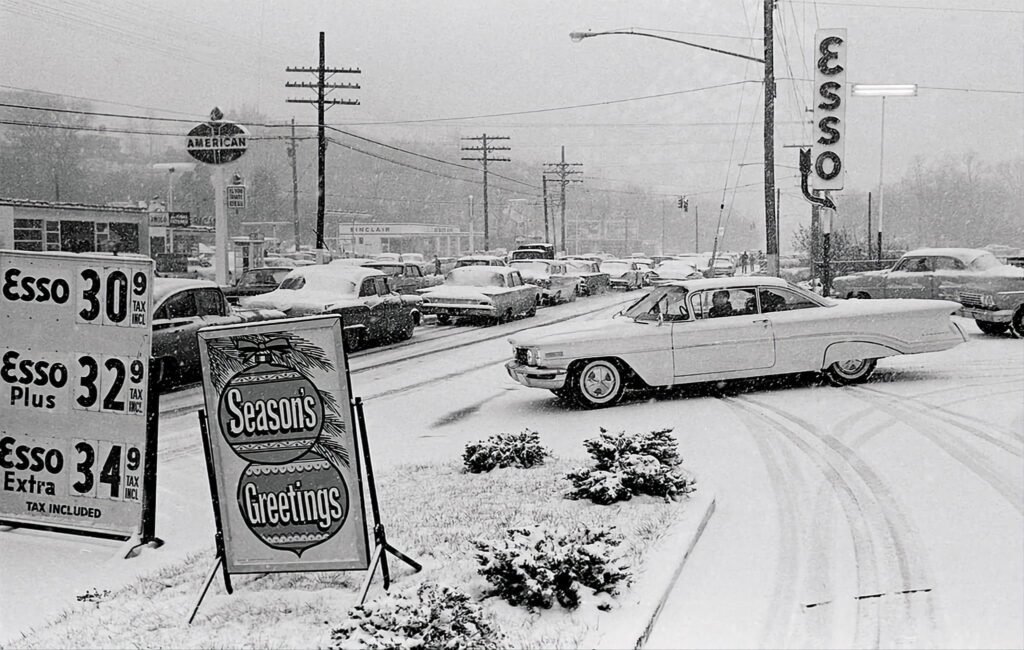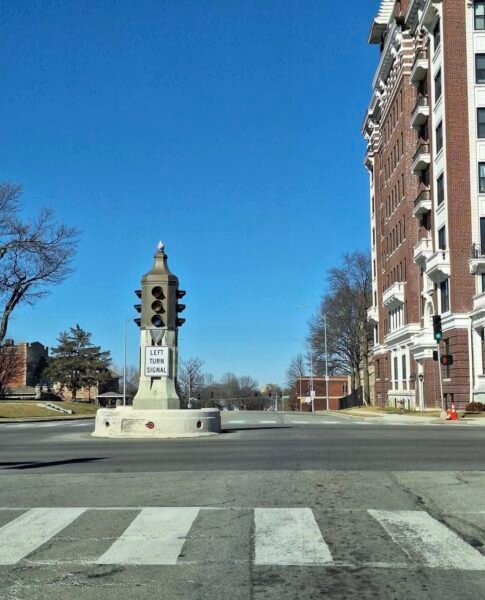The Music City: A Cultural Melting Pot
Nashville, Tennessee, has long been known as the “Music City,” a title it wore with particular pride in 1962. The city was a cultural melting pot, where the sounds of country, blues, and rock ‘n’ roll blended seamlessly. The year 1962 was a pivotal moment in Nashville’s musical history, setting the stage for the city’s transformation into a global music hub.
The Grand Ole Opry: The Heartbeat of Nashville
In 1962, the Grand Ole Opry was already a Nashville institution. Broadcasted live on WSM radio, the Opry showcased the best of country music, both old and new. Legends like Johnny Cash and Patsy Cline graced its stage, drawing crowds from all over the nation.

The Rise of RCA Studio B: The Home of 1,000 Hits
RCA Studio B opened its doors in 1957, but by 1962 it had become the recording studio of choice for many artists. Elvis Presley, the Everly Brothers, and Roy Orbison were just a few of the big names who recorded hits there. The studio’s unique acoustics and state-of-the-art technology made it a mecca for musicians.
The Civil Rights Movement: A City in Transition
While music was a defining feature of Nashville in 1962, the city was also deeply affected by the Civil Rights Movement. Sit-ins and protests were common, and Nashville became a focal point for activists. The city was in a state of social and cultural transition, and the music often reflected these changing times.
Lower Broadway: The Birthplace of Honky-Tonk
Lower Broadway was where you’d find the real, gritty soul of Nashville’s music scene. The honky-tonk bars that lined the street were filled with aspiring musicians, tourists, and locals looking for a good time. In 1962, these bars were the launching pads for many careers and the birthplace of countless songs.
Country Music Hall of Fame: Preserving the Legacy
Though the Country Music Hall of Fame would not officially open until 1967, the idea was already being discussed in 1962. The city recognized the need to preserve the rich musical heritage that had made Nashville famous.
The Influence of Gospel and Soul
Nashville’s music scene in 1962 wasn’t just about country and rock ‘n’ roll. Gospel and soul music had a significant influence, with local churches serving as the training grounds for many future stars. The city’s diverse musical landscape made it a unique and vibrant place.
A Year to Remember
Nashville in 1962 was a city on the brink of greatness. Its music scene was flourishing, its cultural landscape was changing, and its influence was spreading far beyond its borders. The events and trends of this year played a significant role in shaping the Nashville we know today, making 1962 a year to remember in the annals of this iconic city.
The College Scene: A Breeding Ground for Talent
In 1962, Nashville was home to several colleges and universities, including Vanderbilt University and Fisk University. These institutions were not just academic hubs; they were also breeding grounds for musical talent. Student-run folk clubs, jazz ensembles, and informal jam sessions contributed to the city’s eclectic musical atmosphere.
The Role of Radio: Spreading the Nashville Sound
Radio stations played a crucial role in disseminating Nashville’s unique blend of music to a broader audience. Stations like WSM were not just local favorites; their signals could be picked up in multiple states, spreading the Nashville sound far and wide.
The Fashion and Style: A Reflection of the Times
The fashion scene in Nashville in 1962 was as diverse as its music. From the rhinestone-studded outfits of country stars to the more subdued attire of folk musicians, fashion was another way the city expressed its eclectic nature. The clothing often reflected the social changes happening at the time, including the influence of the Civil Rights Movement.
The Impact of Television: A New Stage for Musicians
By 1962, television had become an essential part of American life, and Nashville musicians were starting to make appearances on national TV shows. This exposure brought a new level of fame and recognition to local artists, further solidifying Nashville’s reputation as a music capital.
The Record Labels: Fueling the Music Industry
Several record labels had set up shop in Nashville by 1962, recognizing the city’s potential as a music powerhouse. These labels, ranging from major companies to smaller independents, were instrumental in discovering new talent and producing hits that would stand the test of time.
Tourism: The Beginning of a Booming Industry
As Nashville’s fame grew, so did its appeal as a tourist destination. Visitors came to experience the live music, visit iconic locations like the Grand Ole Opry, and perhaps catch a glimpse of a star. The tourism industry that began to flourish in 1962 is now one of the city’s major economic drivers.
The Legacy of 1962
Looking back, 1962 was a defining year for Nashville, Tennessee. It was a year of musical innovation, social change, and burgeoning fame. The trends and events of this pivotal year helped shape the city into the cultural icon it is today. From its music and fashion to its role in the Civil Rights Movement, Nashville in 1962 was a microcosm of the changes sweeping America, making it a year that left an indelible mark on the city’s history.
As an Amazon Associate we earn from qualifying purchases through some links in our articles.




